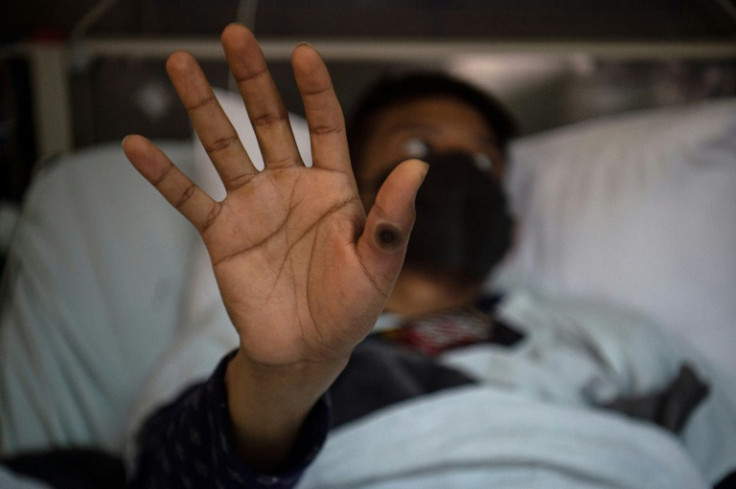Health Department Urges Vigilance After New Mpox Case Confirmed In Cape Town

The Department of Health urged South Africans to stay alert following a new case of Mpox in Cape Town.
Mpox, formerly known as Monkeypox, spreads via close contact with infected humans or animals, as well as via materials such as contaminated sheets.
The department said the new case was reported in a 38-year-old man who visited a private clinic in Cape Town last week and had typical Mpox symptoms including lesions on his face, torso, chest and genitals. He also experienced a headache, sensitivity to light, a sore throat and muscle pain.
"The patient was not admitted but urged to home-isolate while waiting for test results. The results came back positive on Friday, 6 September," the department said, SA News reported.
The investigation report shows that the patient has not traveled internationally recently and has not been in contact with anyone suspected or confirmed to have Mpox. The outbreak response team in the province has been activated, and contact tracing and monitoring are ongoing.
The total number of confirmed Mpox cases in the country since the outbreak started in May is now 25, including three deaths. Of these cases, 12 are from Gauteng, 11 from KwaZulu-Natal and 2 from the Western Cape.
"The patient is home isolating and in a stable condition. We urge all the identified and suspected contacts to cooperate with health officials during contact tracing for screening and possible diagnosis to prevent further transmission of this preventable and treatable disease," the department said.
It added, "The healthcare workers understand the importance of confidentiality in managing reported and suspected cases of notifiable medical conditions."
The Health Department said that the risk of a widespread outbreak in the country is still low, but Mpox can affect anyone, regardless of age, gender, sexual orientation or race.
Common symptoms of Mpox include a rash that can last two to four weeks, along with fever, headache, muscle aches, back pain, low energy, and swollen glands. The rash often looks like blisters or sores and can appear on the face, palms of the hands, soles of the feet, and groin, among other areas.
Last month, the cabinet reassured South Africans that the Mpox outbreak is under control after the World Health Organization (WHO) declared the disease a Public Health Emergency of International Concern (PHEIC), and the Africa Centers for Disease Control and Prevention (Africa CDC) has labeled it a Public Health Emergency of Continental Security (PHECS).
© Copyright 2025 IBTimes ZA. All rights reserved.


















